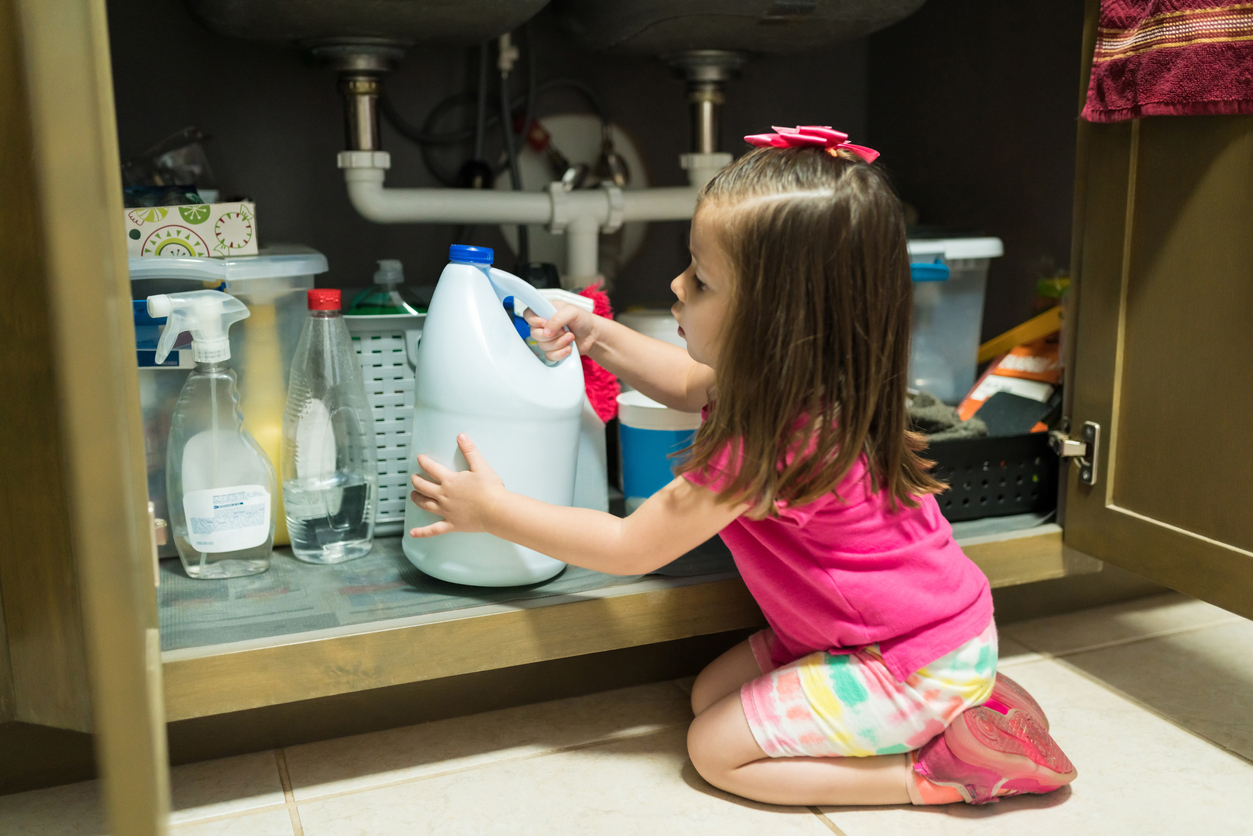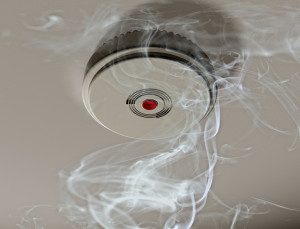Many of us have been making annual New Year’s resolutions for years, though we might not realize just how old this tradition is. The oldest record of New Year’s resolutions takes us back approximately 4000 years to celebrations of the ancient Baylonians whose new year coincided with the planting of their crops in mid-March (History.com). Their twelve-day religious festival, Akitu, included resolutions to pay any debts and return any borrowed objects, as well as reaffirming their loyalty to the current king or crowning a new one (History.com). The Babylonians believed if they kept their resolutions, “their gods would bestow favor on them for the coming year” (History.com).
Typical modern-day New Year’s resolutions involve weight loss, healthy eating, increasing exercise, or spending less money. Unfortunately, according to the New York Post, only about eight percent of people who make New Year’s resolutions actually follow through with their goals.
Why is the failure rate so high when the tradition for resolutions is so common? New York Times writer Jen Miller suggests that we may be making these resolutions for the wrong reasons, including the following three:
- The resolution is too vague
- There is no realistic plan for achieving the resolution
- The resolution is based on what someone else (or society) thinks we should do (NYTimes.com)
Citing the journal Management Review, Miller suggests that what works for management can also be applied to New Year’s resolutions. The theory is that we will be more successful when we make “SMART'' resolutions--those that are specific (lose a certain number of pounds within a set time period, for example), measurable (track your progress in a journal), achievable (break your goals into realistic steps), relevant (be sure the goal is a positive step for you), and time-bound (give yourself time to reach your big goal with intermediate time-based steps along the way) (NYTimes.com).
As we look toward a new year with hopes of positive change, consider ditching the tired, typical old resolutions for something more inspiring, sustainable, and meaningful for your life: cook something new each week, read more books, join a new club, become a plant owner (check out the related article below), take the stairs (even when you’re tired), plan a vacation, drink more water, jumpstart a new career, consider therapy, volunteer, learn a new skill (or hone an old one) (GoodHousekeeping.com).
Whatever your goals, we hope 2022 is a great year for you!
GoodHousekeeping.com
GoodHousekeeping.com "30 Gorgeous Plants That Are Almost Impossible to Kill"
History.com
NYPost.com
NYTimes.com










